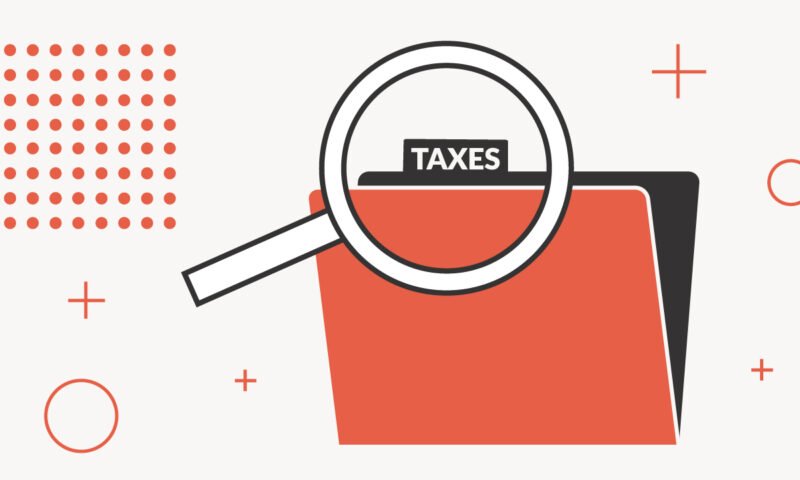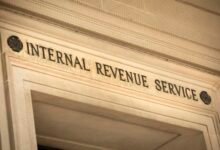

Key points
- The federal tax-exempt exclusion for most student loan forgiveness under the American Rescue Plan Act of 2021 expires on December 31, 2025.
- Beginning in tax year 2026, loan amounts forgiven under many loan forgiveness programs may again be treated as taxable income.
- Some forgiveness programs remain even tax-deductible (for example, public service loan forgiveness and disability forgiveness).
When a debt is canceled or forgiven, the general rule is under IRS Topic 431 is that the canceled amount is considered taxable income (unless an exception applies). For student loans:
- If you received federal student loan forgiveness (or discharge) No exception appliesthe amount may be reported on Form 1099-C and subject to tax.
- However, most student loans forgiven from 2021-2025 are exempt from federal income tax.
- After December 31, 2025, the exception will expire, and forgiven amounts may be taxed again.
However, there are some programs that are always tax deductible at the federal level. When it comes to government taxes and student loan forgiveness, there are plenty of exceptions.
Which student loan forgiveness programs remain tax deductible?
Some types of student loan forgiveness are still tax deductible due to separate legal provisions:
- PSLF (for qualifying public service borrowers)
- Teacher loan forgiveness for some low-income schools
- Cases of total and permanent disability (TPD).
- Death conjugations
Borrowers in these programs typically We will not owe federal taxes On debts forgiven even after 2025. However, state rules may vary. For example, Mississippi taxes the PSLF exemption.
What types of loan forgiveness programs become taxable again in 2026?
The tax exemption for most student loan forgiveness under ARPA expires on December 31, 2025. Any forgiveness that is “completed” in 2026 may be subject to tax.
This is called the “student loan tax bomb,” and borrowers may be unprepared. 
These types of loan forgiveness programs will be taxable again:
- Income-based (time-based) repayment plan Loan forgiveness
- Borrower’s defense of repayment
- Cancellation of closed school
- Cancellation of false loan certificate
- Cancellation due to unpaid loan recovery
It is important to note that the Department of Education has confirmed that the effective date of cancellation (for tax purposes) is when you meet the exemption stage. For example, for IBR-based forgiveness, this is when you exceed 240 or 300 payments. If that happens in 2025, there will be no taxes, even if they don’t actually process the loan forgiveness until 2026.
How to estimate your tax liability
For many borrowers, paying taxes on any forgiven amount can be daunting. However, you should not worry about the tax implications that this will have years later. The best thing you can do is choose a student loan repayment plan or pursue a forgiveness path that works for you.
There are a lot of things that could happen between now and the pardon, including changes in the law.
Furthermore, you may not owe taxes due to insolvency. This is a complex tax process, but we break it down here: student loan forgiveness and insolvency.
You can also run The College Investor’s Student Loan Tax Bomb Estimator tool here.
Frequently Asked Questions (FAQ)
Q: Will I get a 1099-C form to get my student loans forgiven?
If the forgiven debts are treated as taxable income, yes you will receive a 1099-C. If it falls under the tax credit program or falls within the 2021-25 exception, you may not get one.
Q: My loan was forgiven in 2024 but processed in 2026, do I still get the tax break?
Check the “Qualifying Event Date” (when you met the requirements). If by December 31, 2025, your pardon may still be eligible for exclusion.
Q: Does state tax apply if federal tax is waived?
It depends. Some states exempt federal loans from taxes even if they are excluded at the federal level—check your state’s rules.
Q: What if my debt is large and I cannot afford the tax?
You may be eligible for the forgiven exclusion if you are insolvent (liabilities exceed assets) or under bankruptcy. Discuss with a tax advisor.
Q: Are private student loan discharges treated the same way?
Yes. Private loan forgiveness is usually taxable just like other types of debt relief.
Q: Could future legislation reinstate the tax exemption exclusion?
Yes – but until it passes, you must assume that the exemption after 2025 will be taxable for non-exempt programs.
Bottom line
Student loan forgiveness used to be tax-free under federal law for forgiven loans through 2025, but that’s changing. For borrowers who will be forgiven in 2026 or later (unless you are in tax credit programs)Possibly tax liability.
Act now: Check your software, estimate your tax liabilities, save up front, and consult a tax professional.
Don’t miss these other stories:
What states tax student loan forgiveness?
37% of Google AI Finance answers are inaccurate in 2025
10 ways to save taxes before the end of the year
Editor: Clint Proctor
Reviewed by: Mark Kantrowitz
The post Will You Pay Taxes on Student Loan Forgiveness? appeared first on The College Investor.





